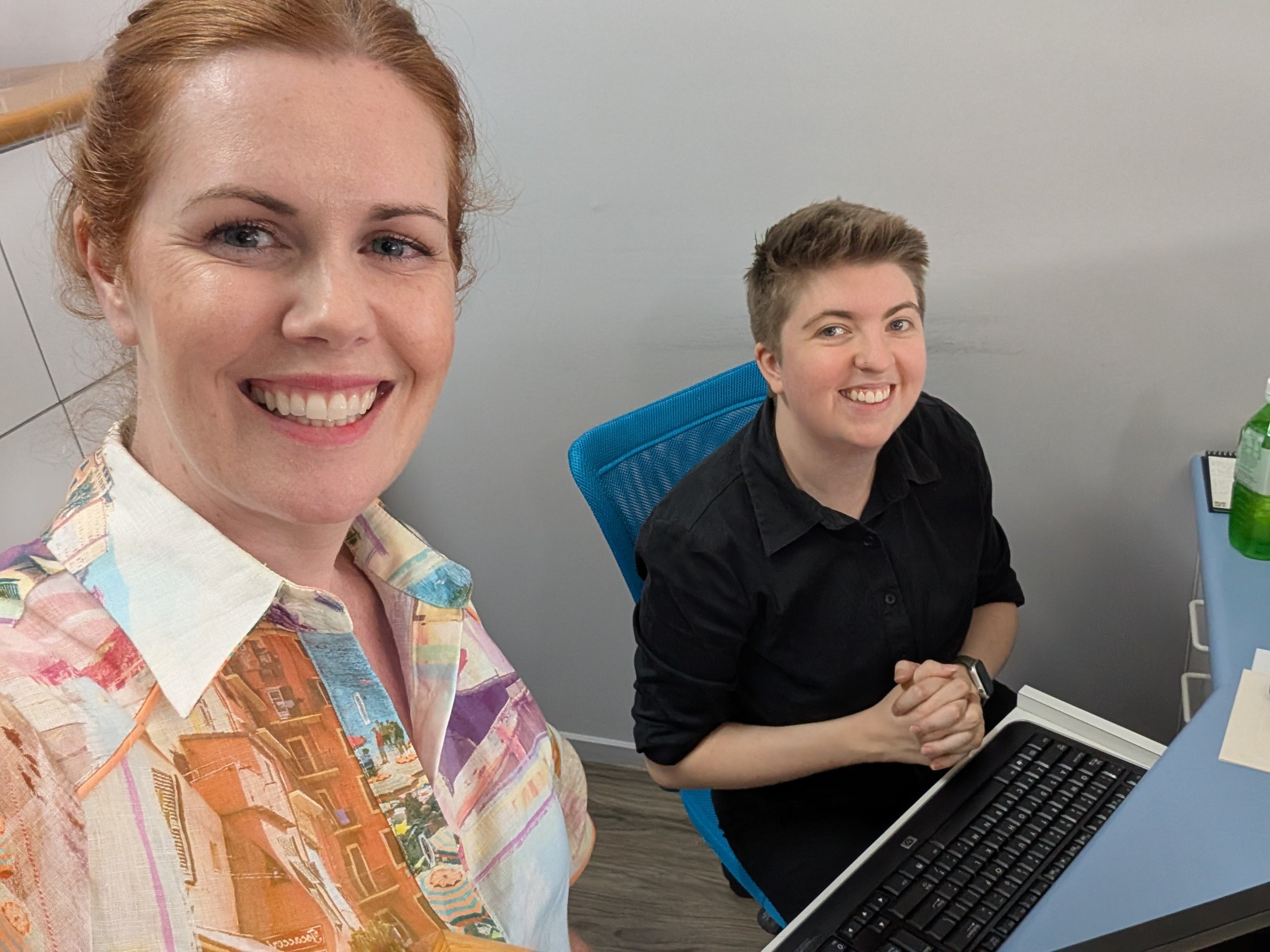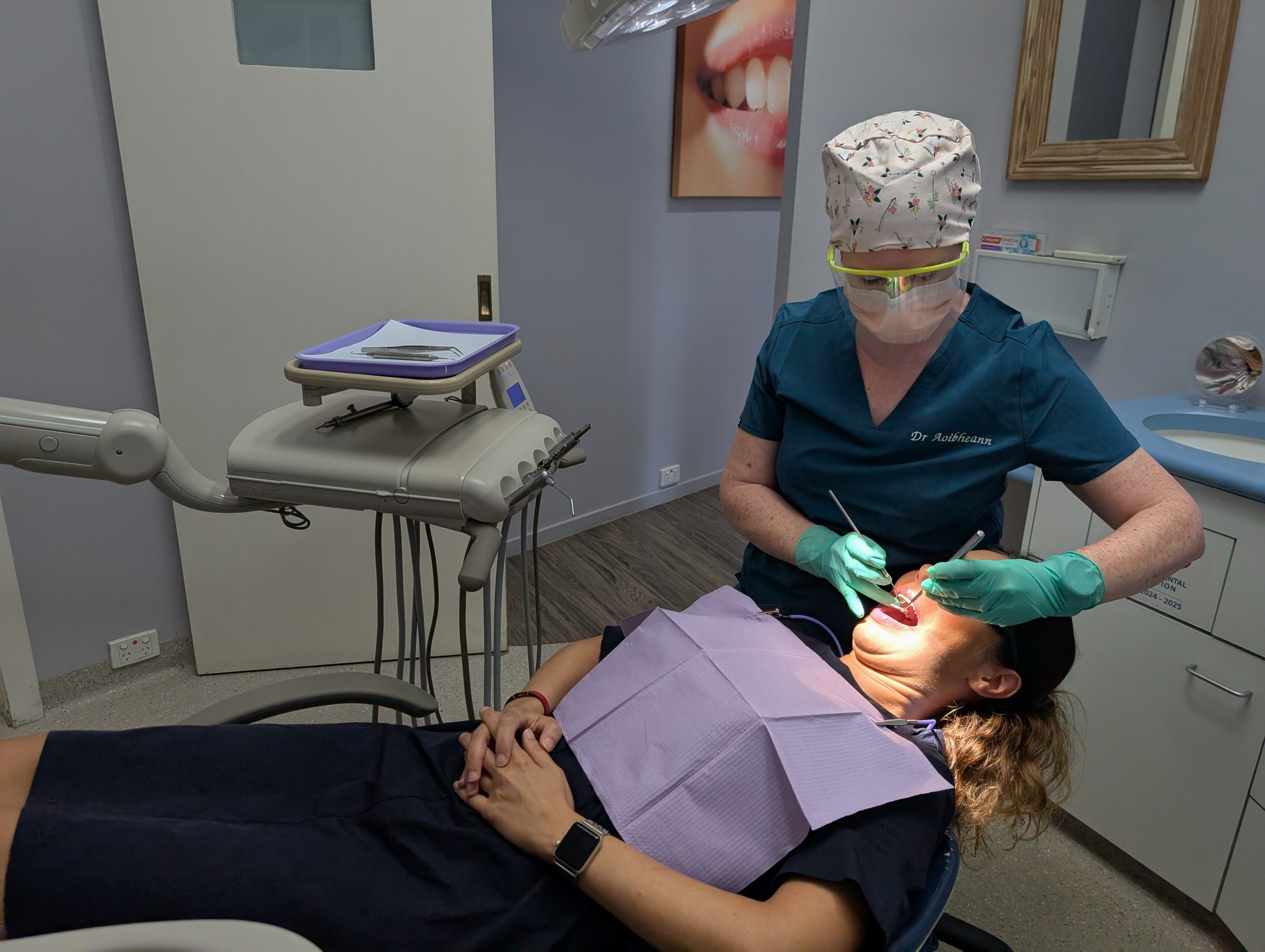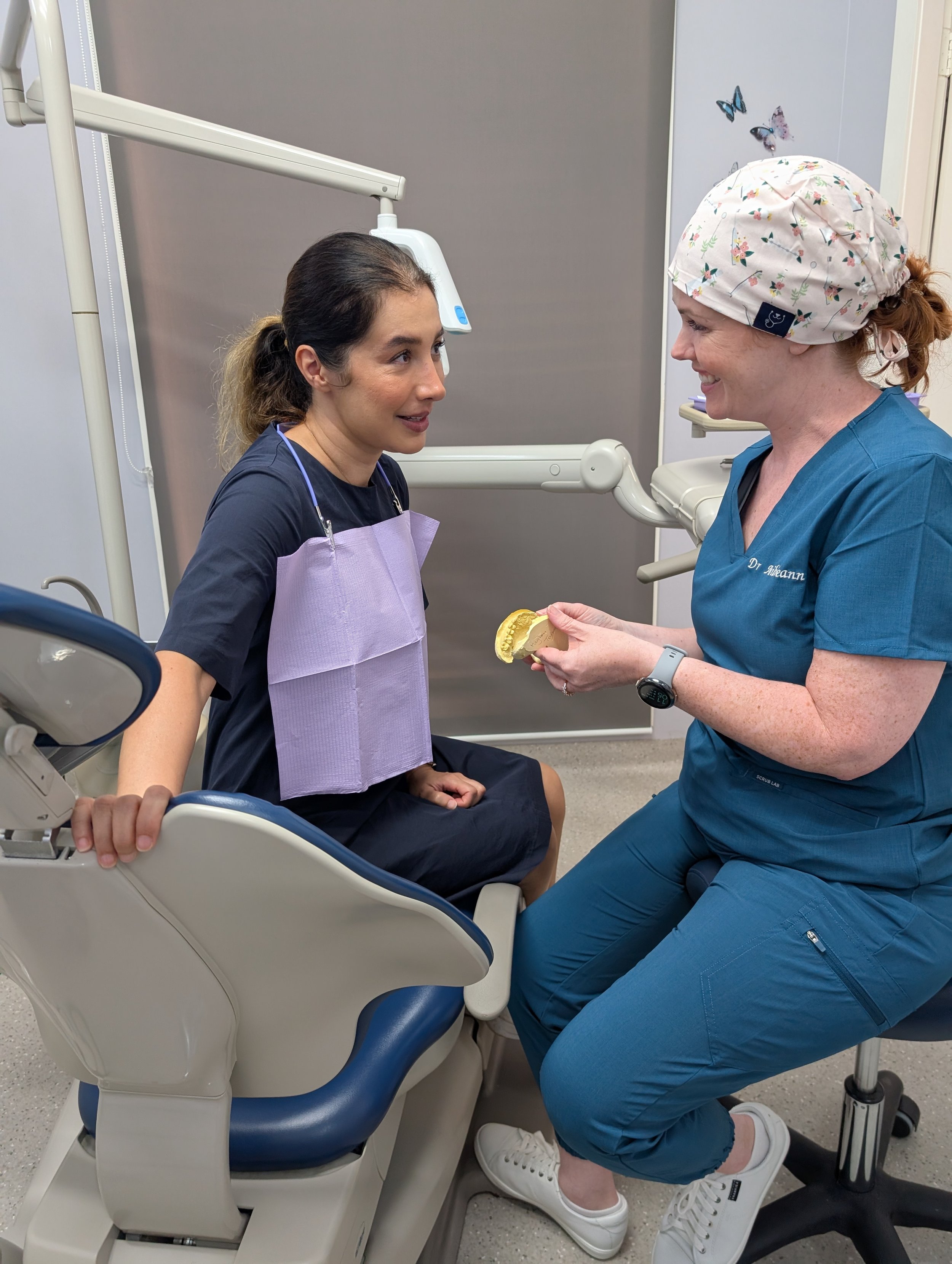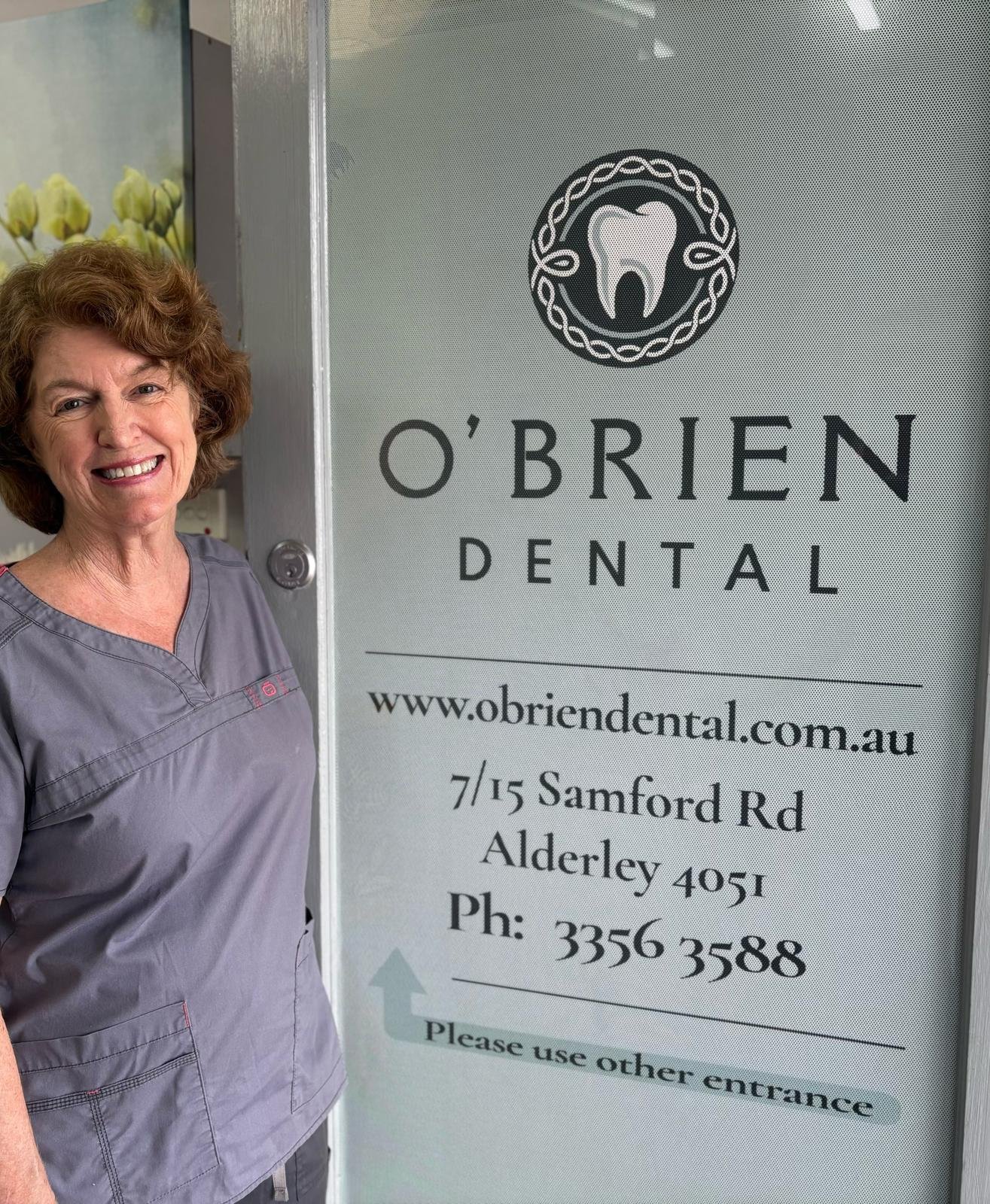
Welcome to O’Brien Dental
Conveniently located in Alderely, Brisbane. At our practice, we understand that dental health is more than just having a bright smile—it's about maintaining strong teeth and healthy gums, so you can continue enjoying all the tasty treats life has to offer! Our mission is to help you achieve these goals with painless, compassionate, and efficient care.
We’re dedicated to educating our patients in a welcoming environment while providing the comprehensive care you need. We know that dental visits can make some people nervous, so we’ve designed a calming atmosphere and a scheduling system that ensures you’re never kept waiting long. By blending the latest technology with tried-and-true techniques, we aim to offer our patients the best care in the area.




